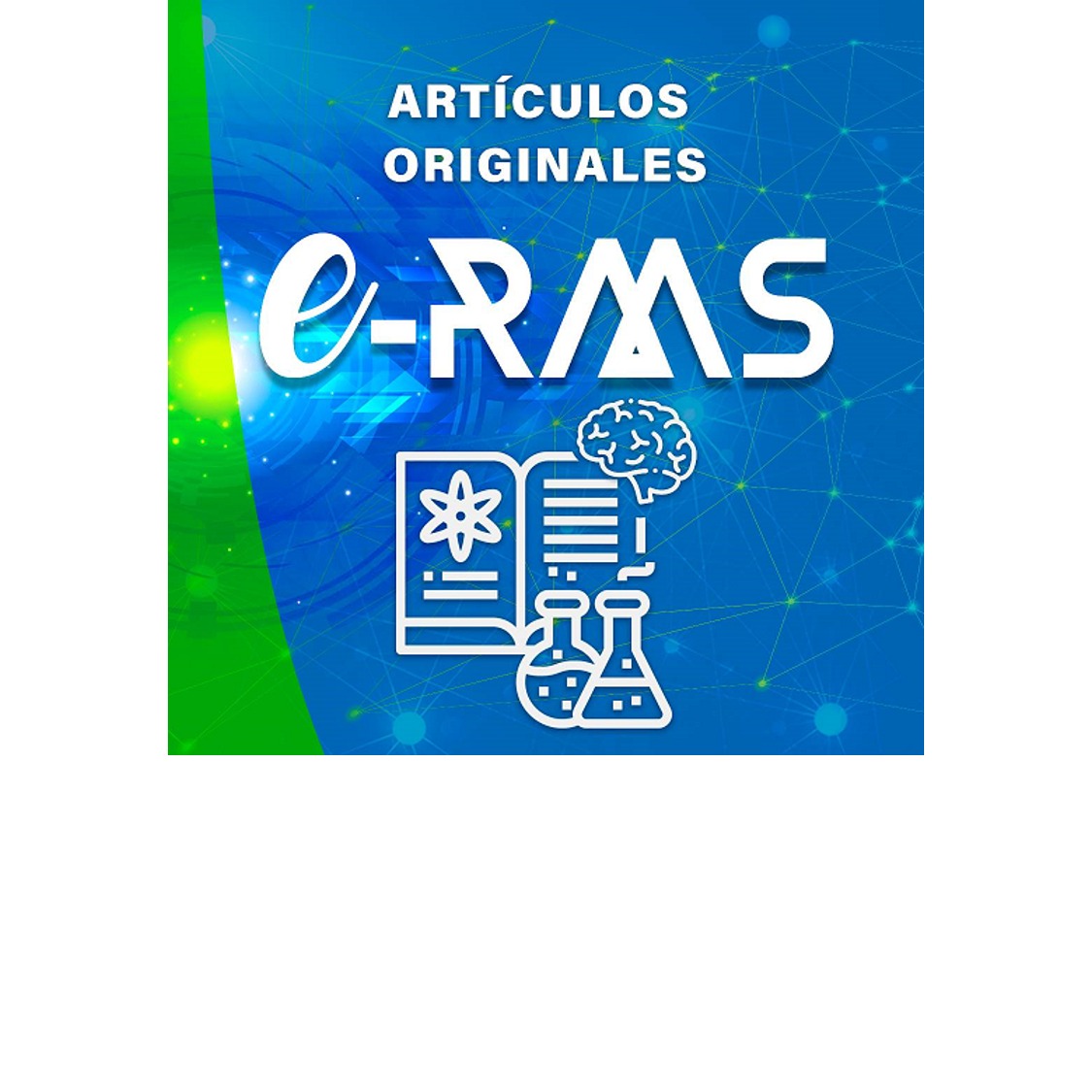AI-blockchain and Network function virtualization for secure and scalable network services
DOI:
https://doi.org/10.61286/e-rms.v3i.286Palabras clave:
artificial intelligence, network function virtualization, blockchain, service level agreement, explainable artificial intelligence.Resumen
Esto se logra empleando sistemas de detección de intrusiones basados en el aprendizaje profundo, escalado automático asistido por aprendizaje por refuerzo, y asignación predictiva de tareas virtuales para garantizar la rendición de cuentas y la eficiencia del servicio. Adicionalmente, Blockchain se utiliza para proporcionar mecanismos de auditoría transparentes, asegurar el cumplimiento de los Acuerdos de Nivel de Servicio, y ofrecer evidencia a prueba de manipulaciones mediante contratos inteligentes y oráculos. Los resultados revelan una ventaja notable sobre los sistemas convencionales: la precisión de la detección aumentó del 91,4% al 97,9% al combinar la Inteligencia Artificial y Blockchain, mientras que la tasa de falsas alarmas se redujo en más del 50%. Las latencias también disminuyeron en más del 30%, la adhesión a los Acuerdos de Nivel de Servicio mejoró del 85,3% al 96,5%, y el consumo energético se redujo en aproximadamente un 32%. El modelo híbrido alcanzó la tasa de confianza más alta (0,94), lo que demuestra que fusionar la Inteligencia Artificial con blockchain no solo mejora el rendimiento técnico, sino que también garantiza el cumplimiento normativo y la fiabilidad operativa.
Descargas
Citas
Appari, Kranti Kumar. (2025). SDN-NFV Based IoT Architecture for Efficient Network Management. 2456-1134.
Baban, N. (2024). Expanding Network Function Virtualization (NFV) Technology’s Performance and Reliability in LTE Systems: Computer Engineering Techniques Department, Al-Nukhba University College, Baghdad, Iraq. https://journals.uokerbala.edu.iq/index.php/UOKJ/article/view/2171
Bhupathi, K. K. (2025). Artificial intelligence in network architecture: a systematic review of innovations, implementations, and future directions. International Journal Of Computer Engineering & Technology, 16(1), 1750–1767. https://doi.org/10.34218/ijcet_16_01_128
Cao, H. (2021). Network Function Virtualization. In Internet of things (pp. 135–143). https://doi.org/10.1007/978-3-030-89328-6_8
Goundar, S., & Gondal, I. (2025). AI-Blockchain Integration for Real-Time Cybersecurity: System Design and Evaluation. Journal Of Cybersecurity And Privacy, 5(3), 59. https://doi.org/10.3390/jcp5030059
Idri, A., Benhar, H., Fernández-Alemán, J., & Kadi, I. (2018). A systematic map of medical data preprocessing in knowledge discovery. Computer Methods And Programs In Biomedicine, 162, 69–85. https://doi.org/10.1016/j.cmpb.2018.05.007
Jawdhari, H. A., & Abdullah, A. A. (2021). The Application of Network Functions Virtualization on Different Networks, and its New Applications in Blockchain: A Survey. Webology, 18(Special Issue 04), 1007–1044. https://doi.org/10.14704/web/v18si04/web18179
Jawdhari, H. A., & Abdullah, A. A. (2021). A novel blockchain architecture based on network functions virtualization (NFV) with auto smart contracts. Periodicals Of Engineering And Natural Sciences (PEN), 9(4), 834. https://doi.org/10.21533/pen.v9i4.2441
Jawdhari, H. A., & Abdullah, A. A. (2022, November). New Security Mechanism of Health Data Based on Blockchain–NFV. In International Conference on New Trends in Information and Communications Technology Applications (pp. 230–247). Springer Nature Switzerland.
Khanna, A., Jain, S., Sah, A., Dangi, S., Sharma, A., Tiang, S. S., Wong, C. H., & Lim, W. H. (2025). Generative AI and Blockchain-Integrated Multi-Agent Framework for Resilient and Sustainable Fruit Cold-Chain Logistics. Foods, 14(17), 3004. https://doi.org/10.3390/foods14173004
Nahi, H. A., Fadhil, N. H., Saeed, M. M., & Salman, R. A. (2025). A Novel Blockchain-Based System for Developing a Virtual Judge. Journal of Computer Science, 21(2), 380–387.
Nahi, H. A., Hashim, S. M., & Kreem, D. J. (2023). Blockchain for baccalaureate examination sheets protection in Iraq. Indonesian Journal Of Electrical Engineering And Computer Science, 29(2), 1183. https://doi.org/10.11591/ijeecs.v29.i2.pp1183-1191
Nahi, H. A., Khalid Ali, A., Ali Alaraji, M., Jawad Mohi, Z., Thamer Mahmood, N., Majed Mousa, A., Mohammed Saeed, M., & A.Almansoori, R. (2025). Blockchain Network for Regulation Decentralized E-Government Systems. Data and Metadata, 4, 201. https://doi.org/10.56294/dm2025201
Nahi, H. A., Majed Mousa, A., Akeel Hamed, E., Khalid Ali , A., Jawad, S., Mahdi Abdulkadium, A., & Salman, . R. A. (2025). Quantum Key Distribution For Enabling Secure Network Function Vitalization Orchestration Over A Network. Data and Metadata, 4, 202. https://doi.org/10.56294/dm2025202
Oljira, D. B. (2018). Telecom Networks Virtualization: Overcoming the Latency Challenge. DIVA. https://www.diva-portal.org/smash/record.jsf?pid=diva2%3A1202791&dswid=-1724
Ressi, D., Romanello, R., Piazza, C., & Rossi, S. (2024). AI-enhanced blockchain technology: A review of advancements and opportunities. Journal of Network and Computer Applications, 225, 103858. https://doi.org/10.1016/j.jnca.2024.103858
Udokwu, C., Voicu-Dorobanțu, R., Ogunyemi, A. A., Norta, A., Sturua, N., & Craß, S. (2025). Leveraging Blockchain for Ethical AI: Mitigating Digital Threats and Strengthening Societal Resilience. Future Internet, 17(7), 309. https://doi.org/10.3390/fi17070309
Wang, Y. (2024). The integration of blockchain technology and artificial intelligence: Innovation, challenges, and future prospects. Applied And Computational Engineering, 55(1), 145–156. https://doi.org/10.54254/2755-2721/55/2024141
Yang, X., & Wang, X. (2025). Research on Blockchain-based Security Sharing Algorithm of Social Assistance Data in Internet of Things. Journal of Cyber Security and Mobility, 14(03), 747–776. https://doi.org/10.13052/jcsm2245-1439.14310
Yi, B., Wang, X., Li, K., Das, S. K., & Huang, M. (2018). A comprehensive survey of Network Function Virtualization. Computer Networks, 133, 212–262. https://doi.org/10.1016/j.comnet.2018.01.021
Zhong, H. (2025). The Integration of Artificial Intelligence and Blockchain: Applications and Challenges in Economic Security and Data Privacy. ITM Web Of Conferences, 73, 03011. https://doi.org/10.1051/itmconf/20257303011

Descargas
Publicado
Cómo citar
Número
Sección
Licencia
Derechos de autor 2025 Ahmed Mahdi Abdulkadium

Esta obra está bajo una licencia internacional Creative Commons Atribución-NoComercial-SinDerivadas 4.0.
Las publicaciones en acceso abierto de e-RMS están protegidas por derechos reservados y se rigen por la Licencia Pública Creative Commons Attribution-NonCommercial-NoDerivatives 4.0 International (CC BY-NC-ND 4.0). Se permite el uso no comercial de este material, con atribuciones al autor. No se permiten derivados de esta versión.












